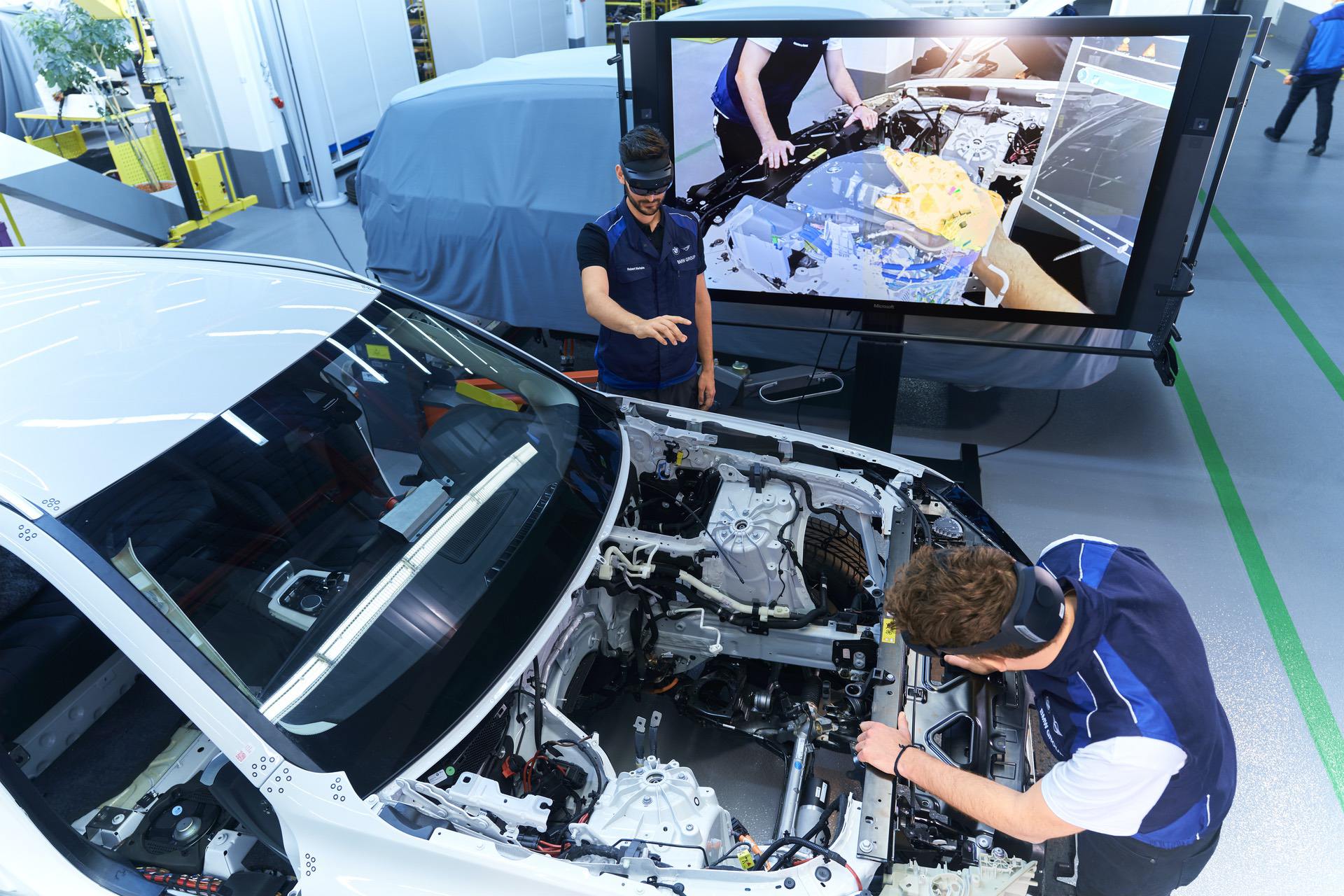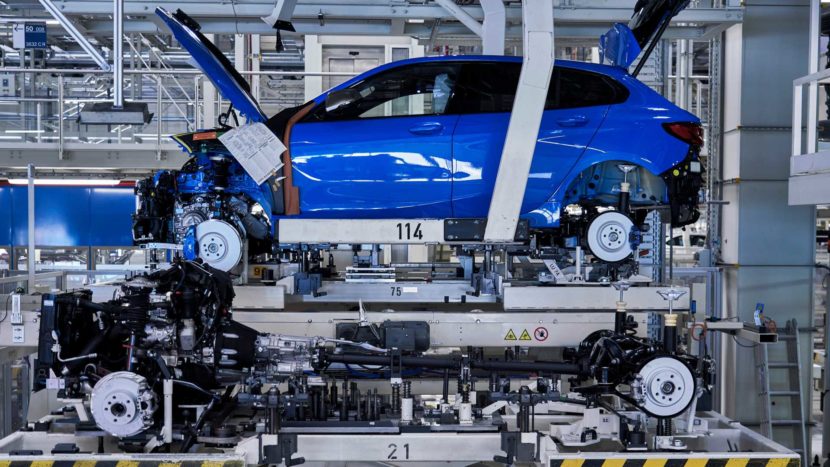The continued supply shortage is creating an inventory issue for U.S.-based BMW dealerships. We’ve already reported on the production issues at German plants which is clearly impacting all global markets. The Spartanburg plant in South Carolina is also affected by what BMW calls a temporary shortage of chips. Almost every single model and variant is going through several changes in the ordering bank, and as you’d expect, it creates an inventory shortage of cars and long wait times.
Some of the options that have a higher demand than supply are the Harmon/Kardon Premium Sound System, Wireless Charging, Parking Assistance Package and Digital Keys. There are, of course, other supply shortages also, like 2-axle air suspensions on the X5 and X6 and ventilated seats, just to name a few. BMW, like other automakers as well, have adapted to the chip shortage by dropping some features from their models. In some cases, they are replaced by similar options which could increase the base price.
But not all models are affected. For now, some variants of the M Performance Automobiles division are spared by this shortage. So it’s always best to check with your local dealer for the most up-to-date information on existing or future orders.
In dealerships across the country, including BMW ones, customers are buying most models almost as quick as they are built. The economic recovery and low interest rates have further sparked the demand for new cars. As a consequence, the used car market has grown at a fast pace as well, along with prices. Rental car companies are also driving the rise in prices, along with the demand for cars, considering that most of their inventory was sold during the pandemic.
BMW has already announced that the lack of chips has forced them to either slow down or stop production at several plants. BMW says that the bottleneck has already led to 30,000 vehicles in lost production so far this year.
The chip shortage is mostly a result of the COVID-19 pandemic, which increased demand for the personal electronics and the shift to work-from-home environments. Several plants were also shutdown last year, even some even more recently in Malaysia due to a spike in COVID-19 cases. Another major factor in the chip shortage is the cryptocurrency market. The popularity of mining Bitcoin, Ethereum and other cryptocurrencies has increased attention on the shortage of semiconductors.
Most analysts point to a return to normality sometimes in 2022, but of course, that could be influenced once again by the rising cases of COVID-19, and potential lockdowns in the fall and winter seasons.



















































